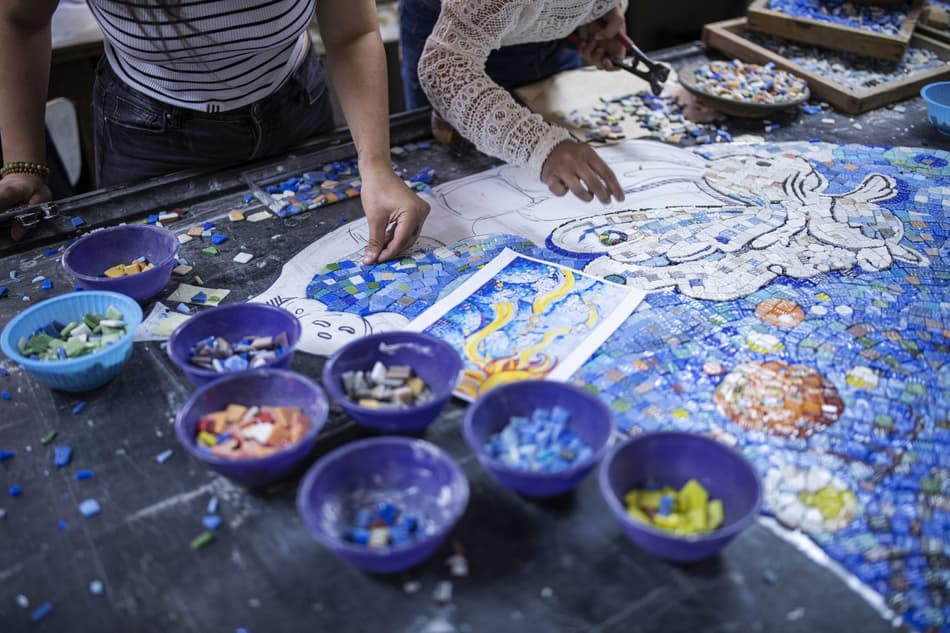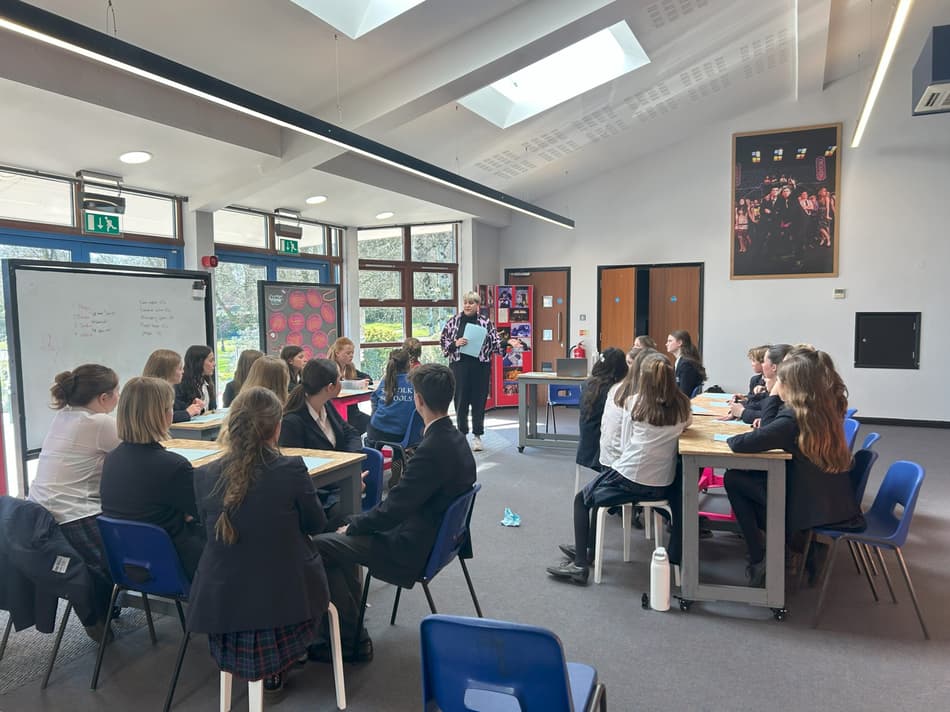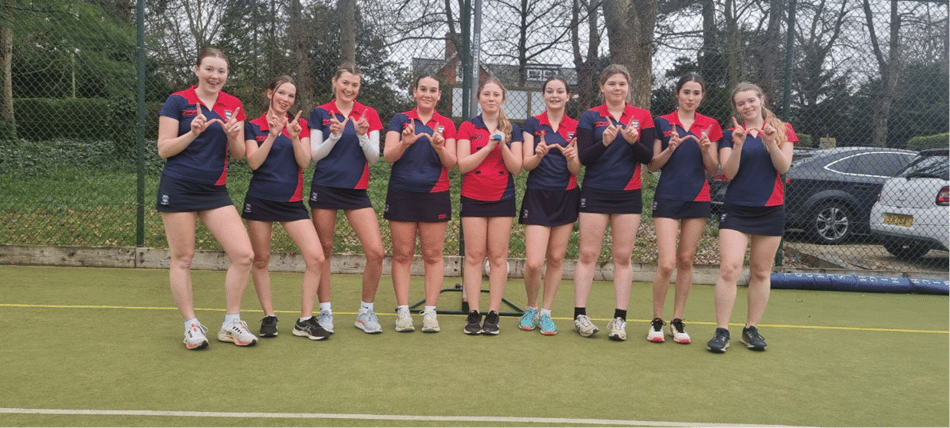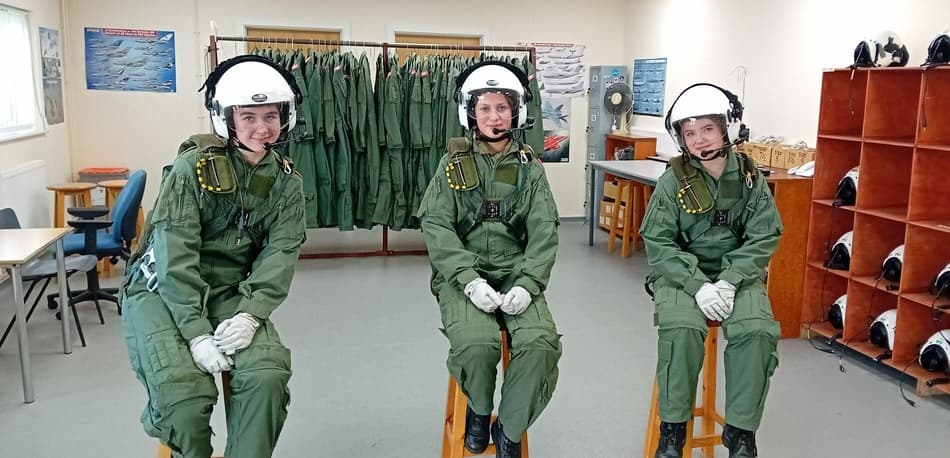This time of year brings around the annual league tables, grade analysis and comparisons between types of school in a bid to find ‘the best’. I should note here that we are delighted with the results of our Senior pupils who now take the next step on their learning journey with a box filled on their CV.
How do we reflect though on how we teach and how we prepare our students to take control and responsibility for their own learning? When it comes to exams, ultimately we can fill heads with knowledge but utilising this information, synthesising and being able to access intelligence is another matter altogether.
We are preparing children for a dynamic world. There are uncertainties and changes that we could not have predicted a decade ago. A deal or no deal for Brexit; how would our students be preparing their businesses in this time of uncertainty? Micro-plastics in the Arctic; how are our future generations going to preserve the planet? Million dollar prizes for computer game competitions; what jobs are valuable and worthwhile? How will our students measure ‘success’?
Last year I was fortunate to meet and listen to the author of Cleverlands, Lucy Crehan. Her research has taken her around the world on a quest to find out what can be learnt from other countries and their systems.
What shines through in her research is that, “Teachers’ belief and expectations have a powerful effect on student outcomes in themselves.” This was highlighted in the news this week as an inner city school in London which through its methods ‘which aim to instil private school-esque order’ has done particularly well in said league tables.
Setting high expectations is one thing but imposing them is another. Crehan discovered that in Finland teachers are motivated to continually increase their own knowledge and aim high which impacts positively on their pupils. Whilst in Japan they overtly teach ‘moral education’ discussing the kind of people they want their students to be. In China they focus on praise for effort and not just achievement whilst also allowing for practice so that learning becomes intuitive – just like learning to serve in tennis.
So how does all this impact Woodbridge School Prep? We are constantly evaluating and reflecting on what we teach and how we teach it. The battle cry of the so called ‘Tiger Mother’ highlighted by Crehan in China, is that parents understand that nothing is fun until you are good at it and to get good at something you have to work.
The difference at Woodbridge Prep is that we aim to inspire the children to work because they want to, not because they have been asked to. This means a diet that includes a range of motivation, different experiences and types of learning . You can only inspire young children if they know that they can trust you and that you are on their team. We have high expectations because we know every individual has untapped potential. They will not all achieve the same results in years to come but we want them to want to learn, to follow what they love, to be able to react to an ever changing world in a positive way.
The Canadian approach to motivation leans on building a strong sense of community and at Woodbridge School we most certainly have that in abundance. So CleverChildren can they be made? We can certainly ensure that every individual is valued, encouraged and has the opportunity to excel. As we continue to reflect on and develop our methods we all continue to learn and grow together; I would prefer CleverSchool.



